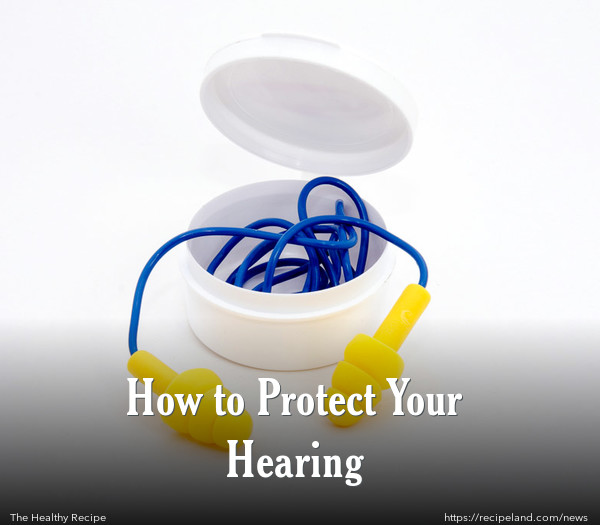The noise that you are exposed to on a daily basis can eventually harm your hearing. From traffic noise, to your hairdryer, to loud music in the car, you are constantly exposed to some level of noise. By the time most people reach their 50s, they begin to experience some degree of hearing loss. Recognizing the noise exposure that is contributing is important, but it is also important to know the other potential causes of hearing loss, from earwax to allergies and more.
Here are five things to remember about protecting your hearing:
1. Beware of the noise you are exposed to on an everyday basis.
It is important to limit the noise that you are exposed to, and that you are not consistently exposed to noises that exceed 85 decibels. Most people don’t realize that blenders, lawn mowers, hairdryers, iPod, and other common appliances can exceed this level and damage your hearing. To protect your hearing while using these appliances, you should use earplugs to muffle the sound. When it comes to iPods, keep the volume low and limit the number of hours per day that you listen through headphones.
2. Be prepared for environmental noise.
We are all exposed to unexpected environmental noise on a daily basis. Andrew Cheng, M.D., an otolaryngologist at Lenox Hill Hospital and Manhattan Eye, Ear, & Throat Hospital at New York Medical College, stated, “When a person experiences overwhelming noise…her body will experience discomfort with the loud sound; and when a person notices ringing and fuzziness of hearing, these are due to possible damage to the hearing nerve.” If you are attending a concert, fireworks, or sporting events, then make sure you bring ear plugs to protect your hearing.
3. Be aware of health problems that increase your risk of hearing loss.
Certain chronic health conditions, including high blood pressure, high cholesterol, and diabetes put people at a higher risk for hearing loss. Robert Sataloff, M.D., professor and chairman of the department of Otolaryngology-Head Neck Surgery at Drexel University College of Medicine in Philadelphia, states, “Individuals need to control their conditions meticulously to prevent damage.” Controlling blood pressure and blood sugar can help. Take all medications only as prescribed.
4. Pay attention to earwax.
Although some consider this to be a minor problem, earwax can clog your ears and cause temporary hearing loss. If you regularly use Q-tips to clean your ears, you could be packing in the earwax, making the hearing loss worse. Avoid using Q-tips and, if you have a wax buildup then see your doctor for removal.
5. Make sure your allergies are treated.
When you suffer from chronic allergies, you will frequently have blocked sinuses, which can cause temporary hearing loss as your Eustachian tube becomes swollen and blocked. Proper allergy treatment can prevent this problem from causing hearing loss.
If you notice hearing loss or ringing in your ears, you should consult your doctor. In general, ignoring this problem will not make it go away and you may find out that you have a temporary hearing loss that can be reversed.










Comments